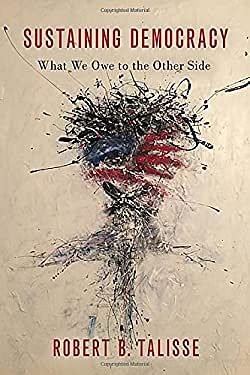
Stumped about finding the perfect book for the democracy lover on your list?
Check out these titles and authors featured on the Democracy Nerd podcast:
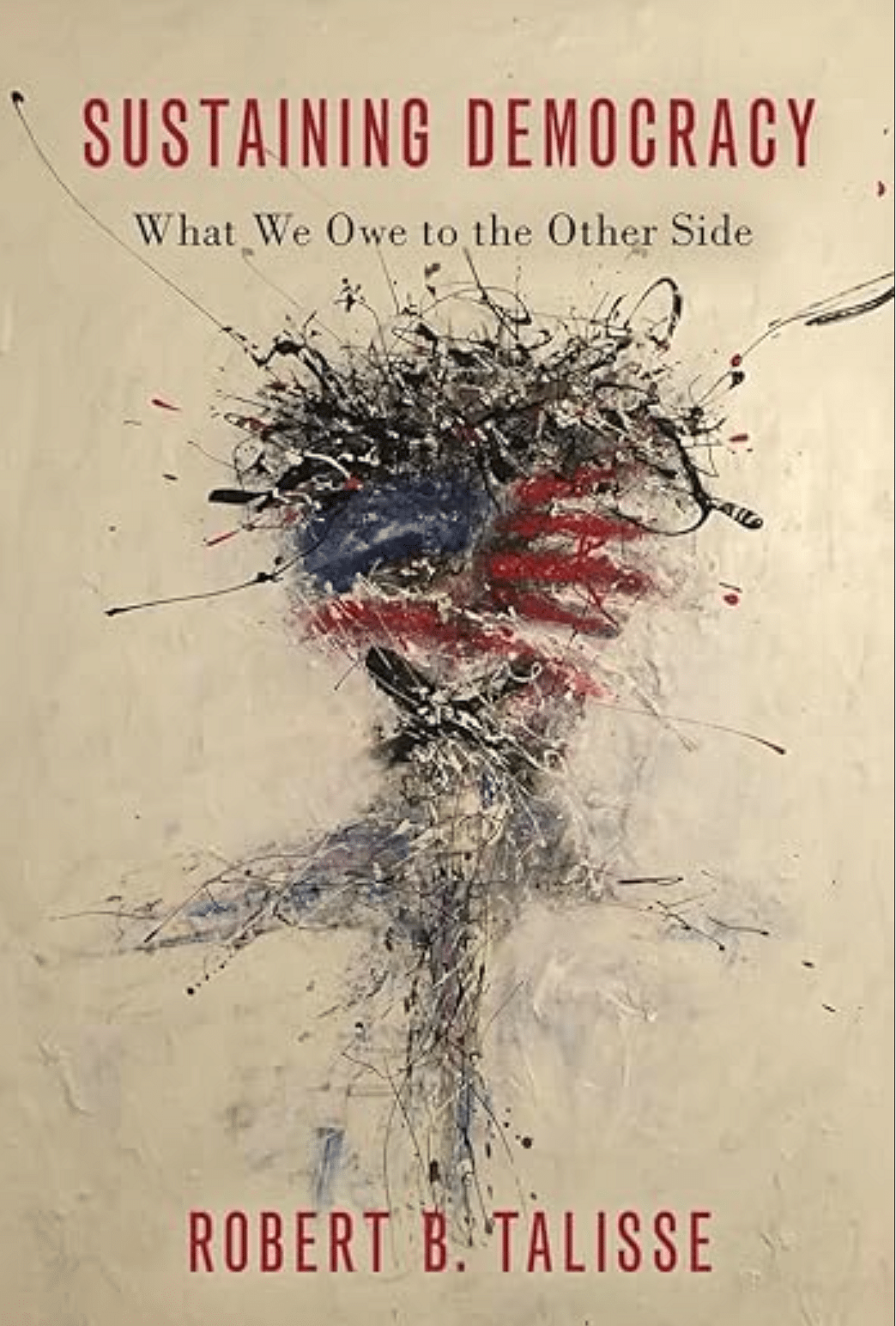
Sustaining Democracy: What We Owe to the Other Side by Robert Talisse
In this 2021 book, author Robert Talisse, a philosophy professor at Vanderbilt University, suggests the provocative notion that simply by being humans participating in a democracy, our political opponents are worthy of being treated with dignity and respect. It is by recognizing our shared humanity and our shared struggles--regardless of political affiliation--that our democracy is ultimately strengthened.
Click here to listen to Robert Talise explain the significance of open dialogue and constructive discourse in a democratic society.
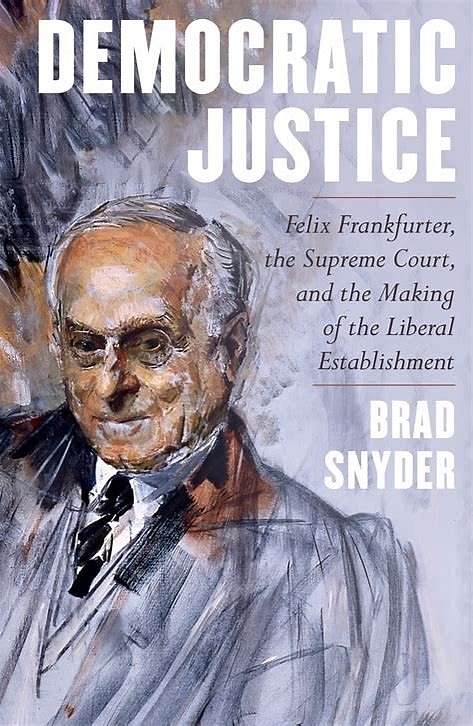
At a time when the current Supreme Court is under fire due to explosive reporting--resulting in the Court adopting its very first (yet ultimately toothless) code of ethics--Georgetown University history professor Brad Snyder provides an exhaustive history of Justice Frankfurter, and the role he played in providing jurisprudence in support of the New Deal--and beyond.
Click here to listen to Brad Snyder explain how Justice Frankfurter earned the term "the most dangerous man on the Supreme Court" by his critics.
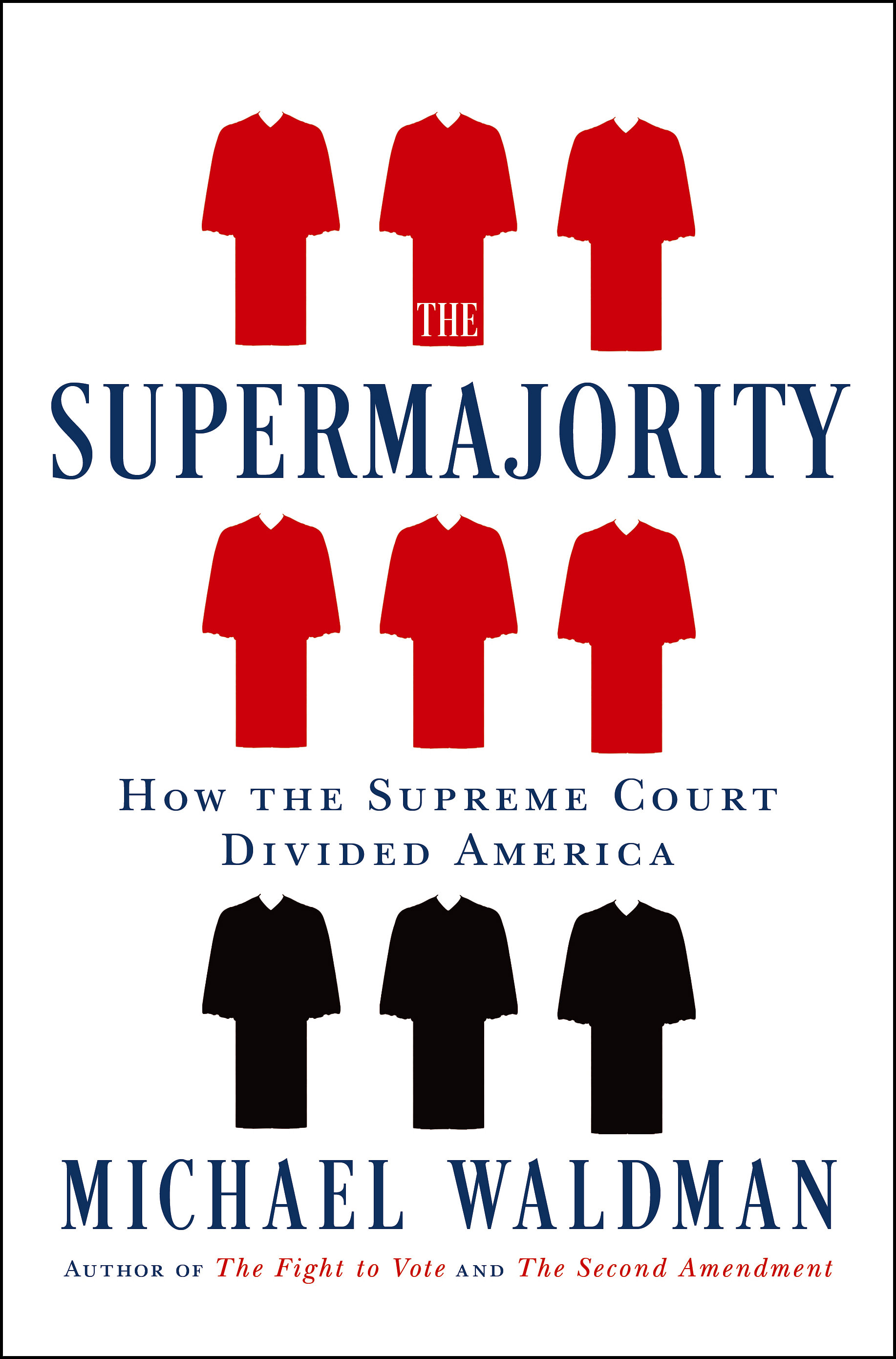
The Supermajority: How the Supreme Court Divided America by Michael Waldman
Michael Waldman, President & CEO of NYU's Brennan Center for Justice, explores the Supreme Court's earth-shaking 2021-22 term, in which the conservative 6-3 majority tossed aside precedent in pursuit of desired ideological outcomes in three key decisions: Dobbs v. Jackson Women's Health Organization, which overturned Roe v. Wade's 50-year compromise on abortion rights; New York State Rifle & Pistol Association, Inc. v. Bruen, which places further limits on states seeking to implement gun control measures; and West Virginia v. EPA, limiting the ability by the Environmental Protection Agency to combat climate change.
Click here and listen to Michael Waldman to explain how the Supreme Court undermined democratic principles through the reactionary and regressive decisions passed in its tumultuous 2021-22 term.
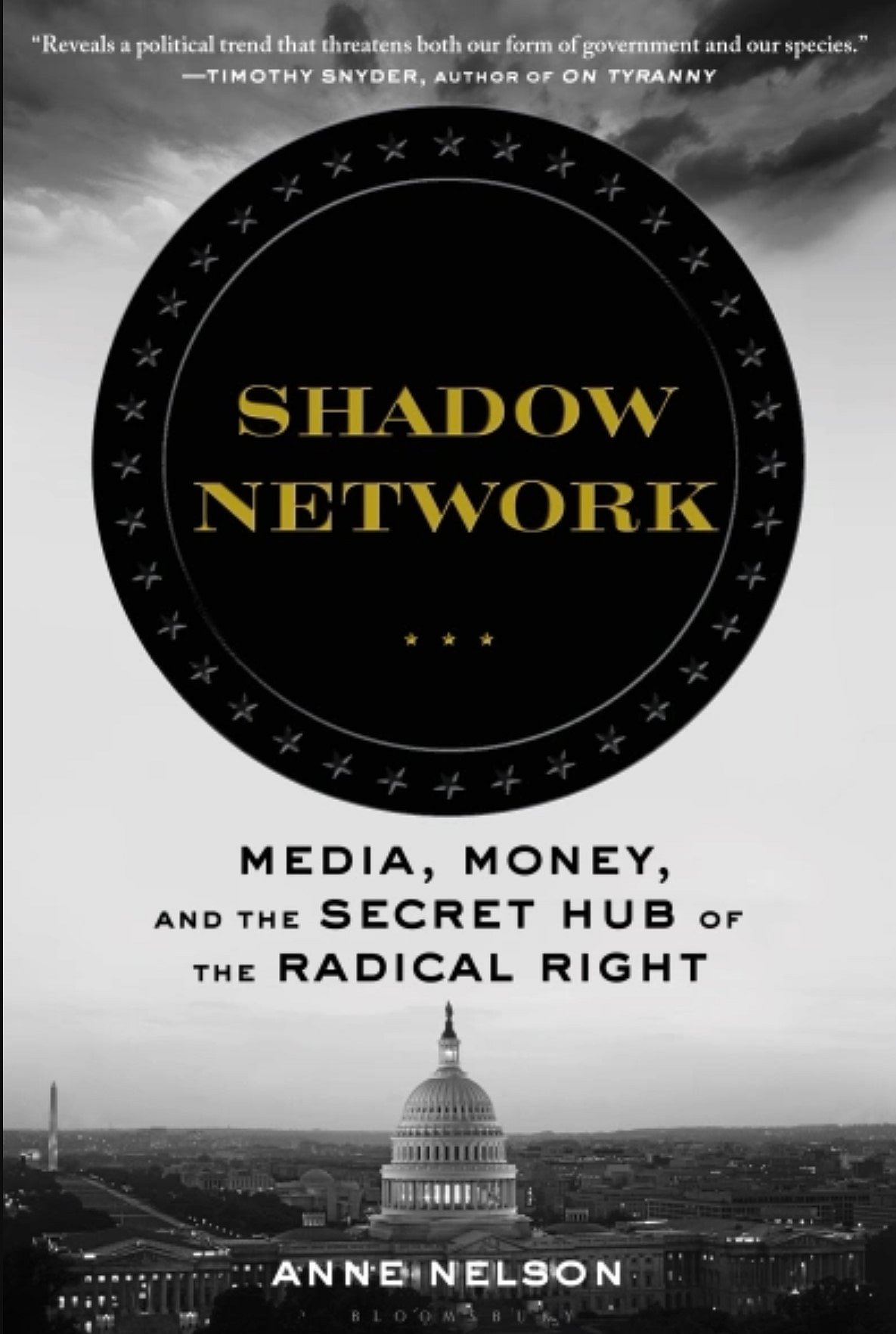
Shadow Network: Media, Money, and the Secret Hub of the Radical Right by Anne Nelson
The idea that in the early 1980s a group of fifty Republican operatives, evangelical leaders, and lobbyists created a dark-money shadow organization called the Council of National Policy to shape and influence policy seems like a conspiracy plot from a movie. But award-winning journalist Anne Nelson brings the receipts in this 2021, detailing just how the Council's shadowy tendrils continues to impact politics decades later.
Click here and listen to Anne Nelson explain more about the shadowy cabal that you've never heard of.
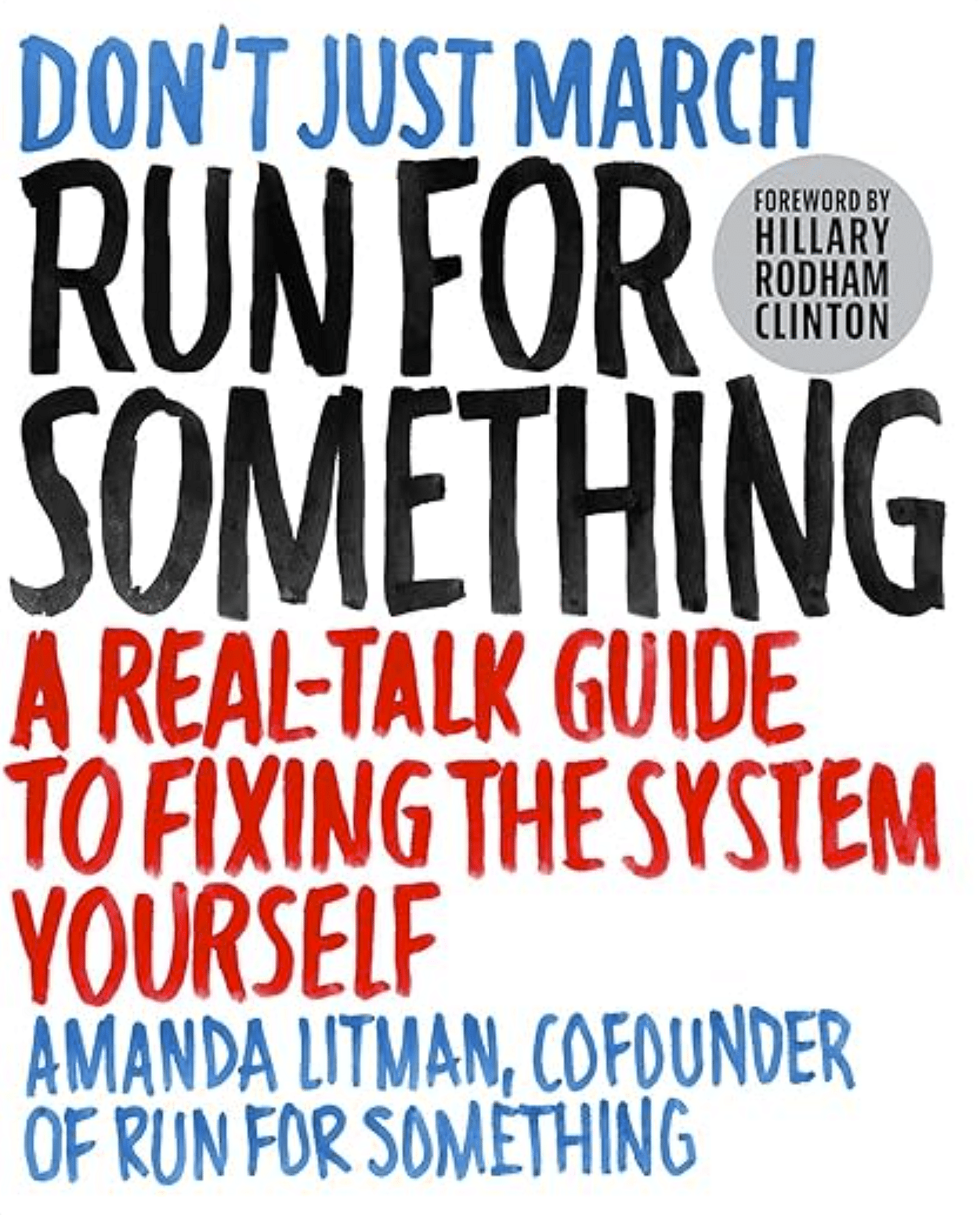
Run For Something: A Real-Talk Guide to Fixing the System for Yourself by Amanda Litman
A veteran from Hillary Clinton's 2016 presidential campaign, Amanda Litman founded Run for Something on January 20, 2017--Donald Trump's inauguration day--to serve as one-stop-shop source of information and resources for "regular people," i.e. those lacking resources or connections, to run a viable political campaign. Litman's book serves as a practical step-by-step guide to political neophytes considering a first-time run for office, using plain talk to help navigate the realities of a political campaign.
Click here to listen to Amanda Litman explain some of the important rules to first time political candidates, including perhaps the most important rule: don't be an asshole. (Contrary to what some may think.)
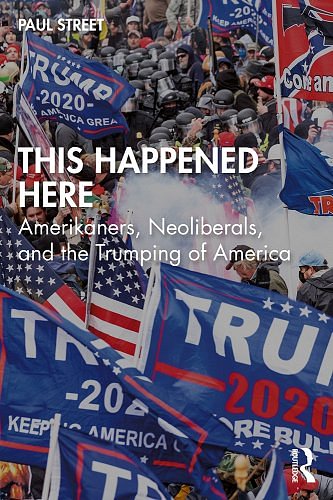
This Happened Here: Amerikaners, Neoliberals, and the Trumping of America by Paul Street
In this book, award-winning journalist and activist Paul Street explains that although fascism has always bubbled beneath the surface in America's political system to some degree, Trump's administration allowed the opportunity to make this fascism overt, despite being completely contrary to American democratic principles.
Click here to listen to Paul Street explain fascism's place in American politics, and also explain the meaning by his term 'Amerikaners.'
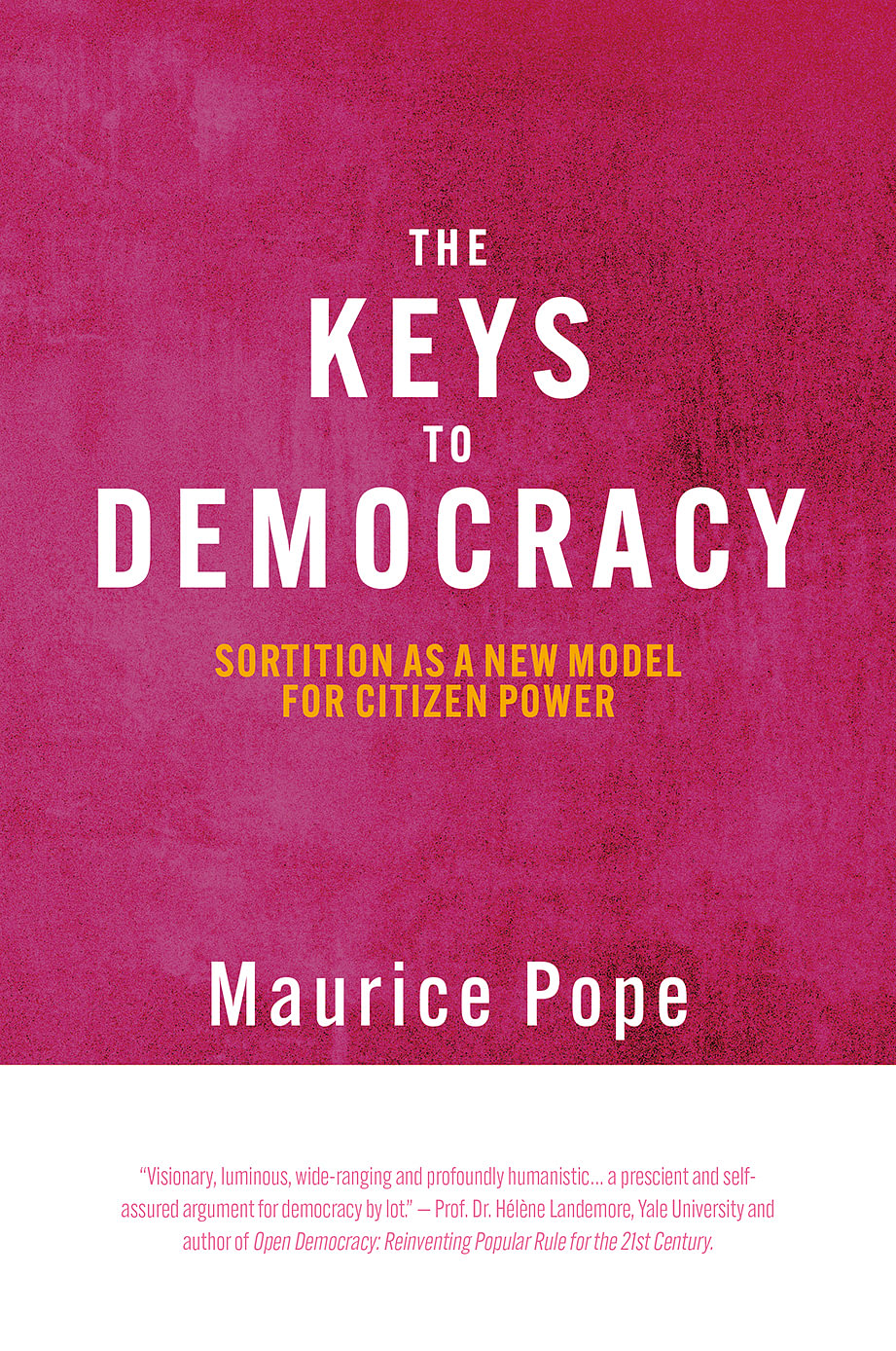
The Keys to Democracy: Sortition as a New Model of Citizen Power by Maurice Pope
In the 1980s, noted classicist Maurice Pope drafted a manuscript justifying the use of sortition--"democracy by lottery"--as a way to create a "true" democracy that's much more representative than the "first past the post" model long-used for elections. Pope's manuscript was dismissed by each publisher approached, with the pro-sortition argument deemed to be "too radical." Thought lost for decades, the manuscript was recently discovered and edited by Maurice's son, journalist Hugh Pope, and released as the 13th volume of Imprint Academic's Sortition and Public Policy series.
Click here to listen to Maurice Pope discuss the process of discovering and editing his late father's manuscript on sortition.
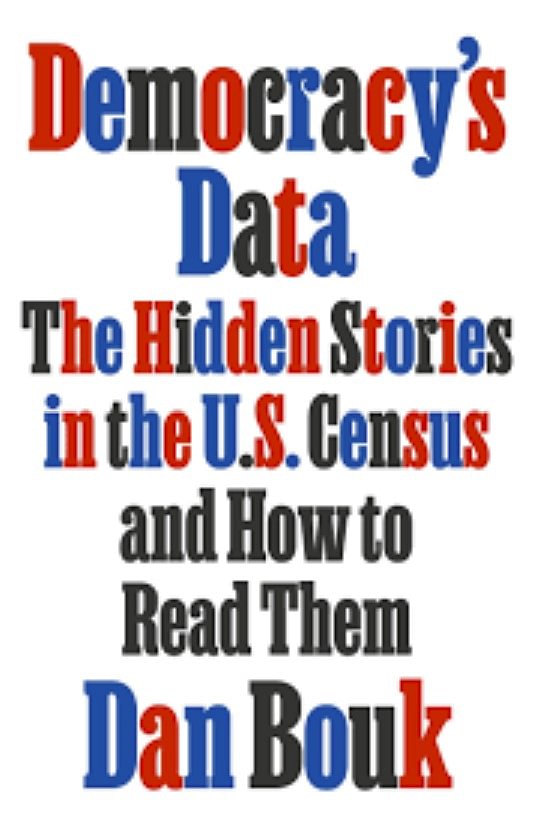
Democracy's Data: The Hidden Stooris in the U.S. Census and How to Read Them by Dan Bouk
Dan Bouk, history professor at Colgate University, dives deep into the 1940 U.S. census, describing not only how pre-war America lived and worked, but also delves into the bureaucracy and political gamesmanship and patronage of that particular moment in FDR's New Deal America. Bouk also tells the stories of not only the ordinary "enumerators" tasked with performing the countrywide head-count, but also the scientific advancements adopted for the first time in the 1940 U.S. census.
Click here to listen to Dan Bouk explain the day-to-day realities of census enumerators in 1940 and the meaning behind the term "curbstoning."
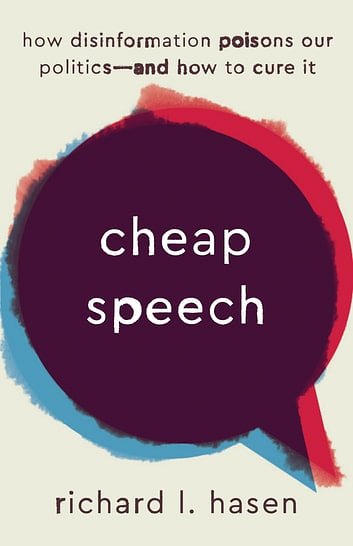
Cheap Speech: How Disinformation Poisons Our Politics--and How to Cure It by Richard L. Hasen
With Elon Musk's purchase of Twitter/X and removing all content moderation guiderails, the world's largest social media platform is now poised to become the largest source of disinformation heading into the 2024 presidential election. Is this what the Founders had in mind when they ensured the importance of free speech in the First Amendment? Richard Hasen--political science professor at University of California, Irvine who oversees the Election Law Blog--argues the opposite, pointing out that billionaires' embrace of tools allowing disinformation undermines democracy. Although the First Amendment places limits on government controlling speech, this shouldn't be interpreted that the Founders wrote blueprint to end democracy in the Constitution.
Click here to listen to Rick Hasen explain the need for the Supreme Court to balance free speech interests with the importance of having free & fair elections.
